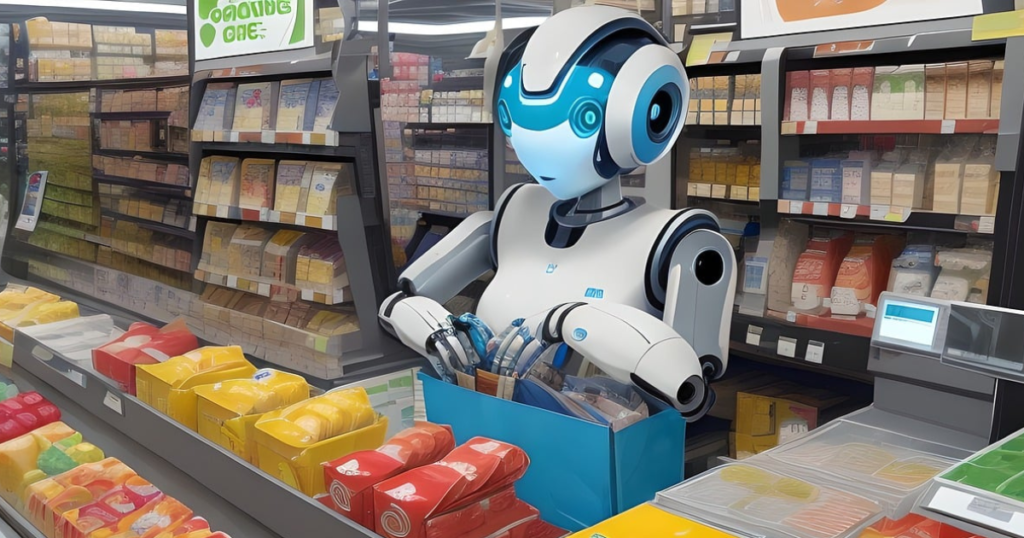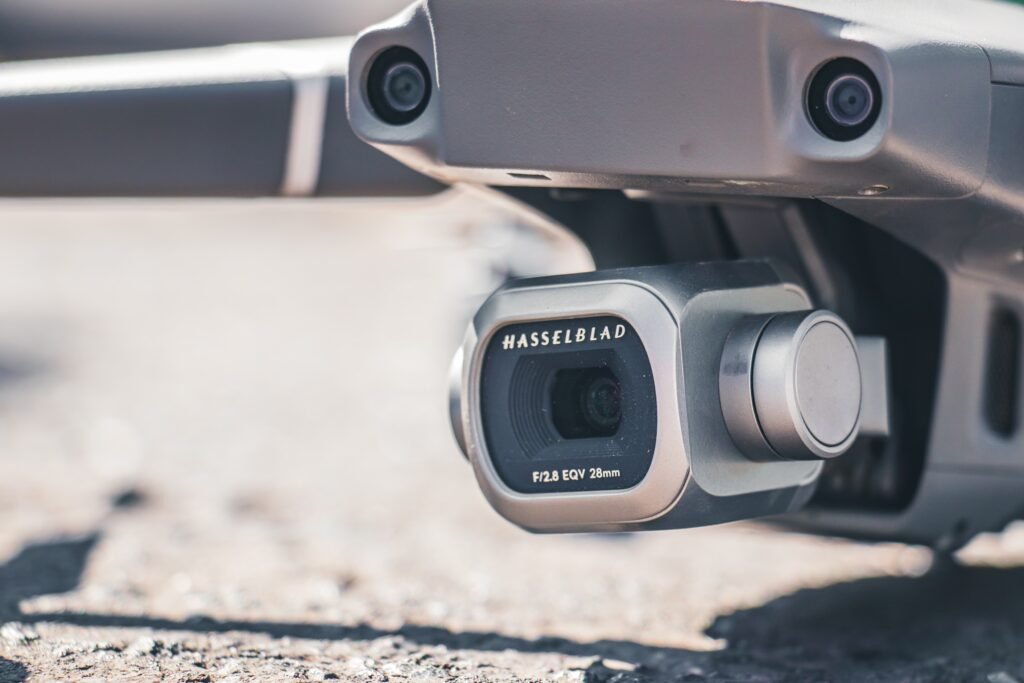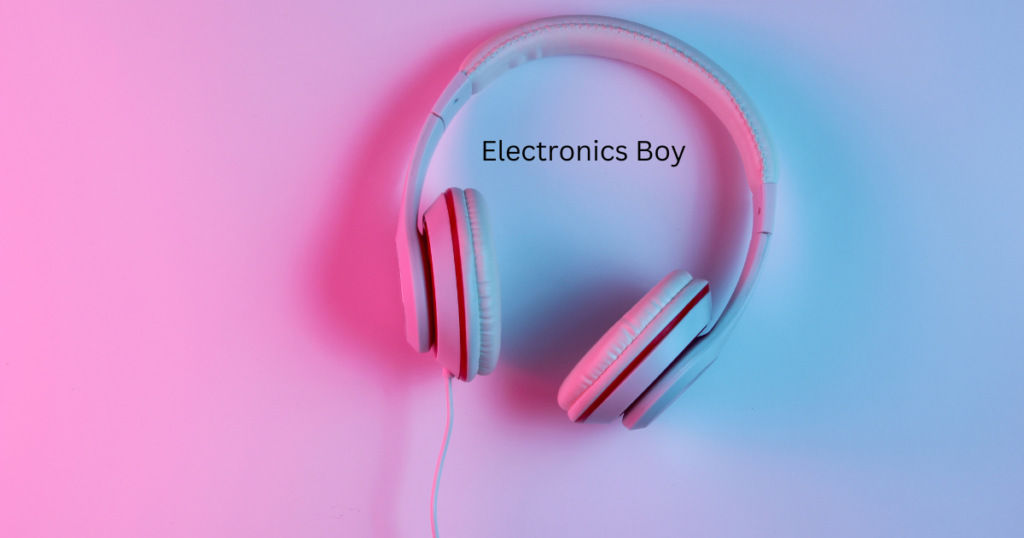An AI personal assistant, also known as a virtual assistant or digital assistant, is a software application that uses artificial intelligence (AI) and natural language processing (NLP) to understand and respond to user queries and commands. These assistants are designed to perform tasks and provide information to users, often in a conversational manner, through text or voice interactions.
AI-powered personal assistants have become an indispensable part of daily life, offering convenience and efficiency across various tasks. Here are some key features and benefits of AI-powered personal assistants:
- Voice Command Integration: Personal assistants like Siri, Alexa, Google Assistant, and Cortana allow users to perform tasks hands-free using voice commands. This includes setting reminders, sending messages, making calls, and controlling smart home devices.
- Natural Language Processing (NLP): Advanced NLP algorithms enable personal assistants to understand and respond to natural language queries more accurately. This makes interactions with the assistant feel more conversational and intuitive.
- Personalized Recommendations: Personal assistants analyze user data and preferences to offer personalized recommendations for various activities such as news updates, music playlists, movie suggestions, and restaurant recommendations.
- Task Automation: Personal assistants can automate repetitive tasks and streamline workflows. This includes scheduling appointments, creating to-do lists, setting alarms, and managing calendars.
- Information Retrieval: AI-powered personal assistants have access to vast amounts of information and can quickly retrieve answers to questions on a wide range of topics, including weather forecasts, sports scores, trivia, and general knowledge.
- Integration with Third-Party Services: Personal assistants integrate with a wide range of third-party services and apps, allowing users to perform tasks like ordering food, booking rides, checking bank account balances, and making reservations through voice commands.
- Smart Home Control: Many personal assistants serve as central hubs for controlling smart home devices such as lights, thermostats, locks, and security cameras. Users can use voice commands to adjust settings and monitor their home remotely.
- Accessibility Features: AI-powered personal assistants offer accessibility features such as voice-to-text transcription, screen reading, and voice control, making technology more accessible to people with disabilities.
- Continuous Learning and Improvement: Personal assistants continuously learn from user interactions and feedback, improving their accuracy and performance over time. This allows them to better understand user preferences and anticipate their needs.
- Privacy and Security: Personal assistants prioritize user privacy and implement robust security measures to protect sensitive data. Users have control over their data and can manage permissions for third-party apps and services.
Overall, AI-powered personal assistants play a crucial role in simplifying daily tasks, enhancing productivity, and providing personalized experiences tailored to individual preferences and lifestyles.



